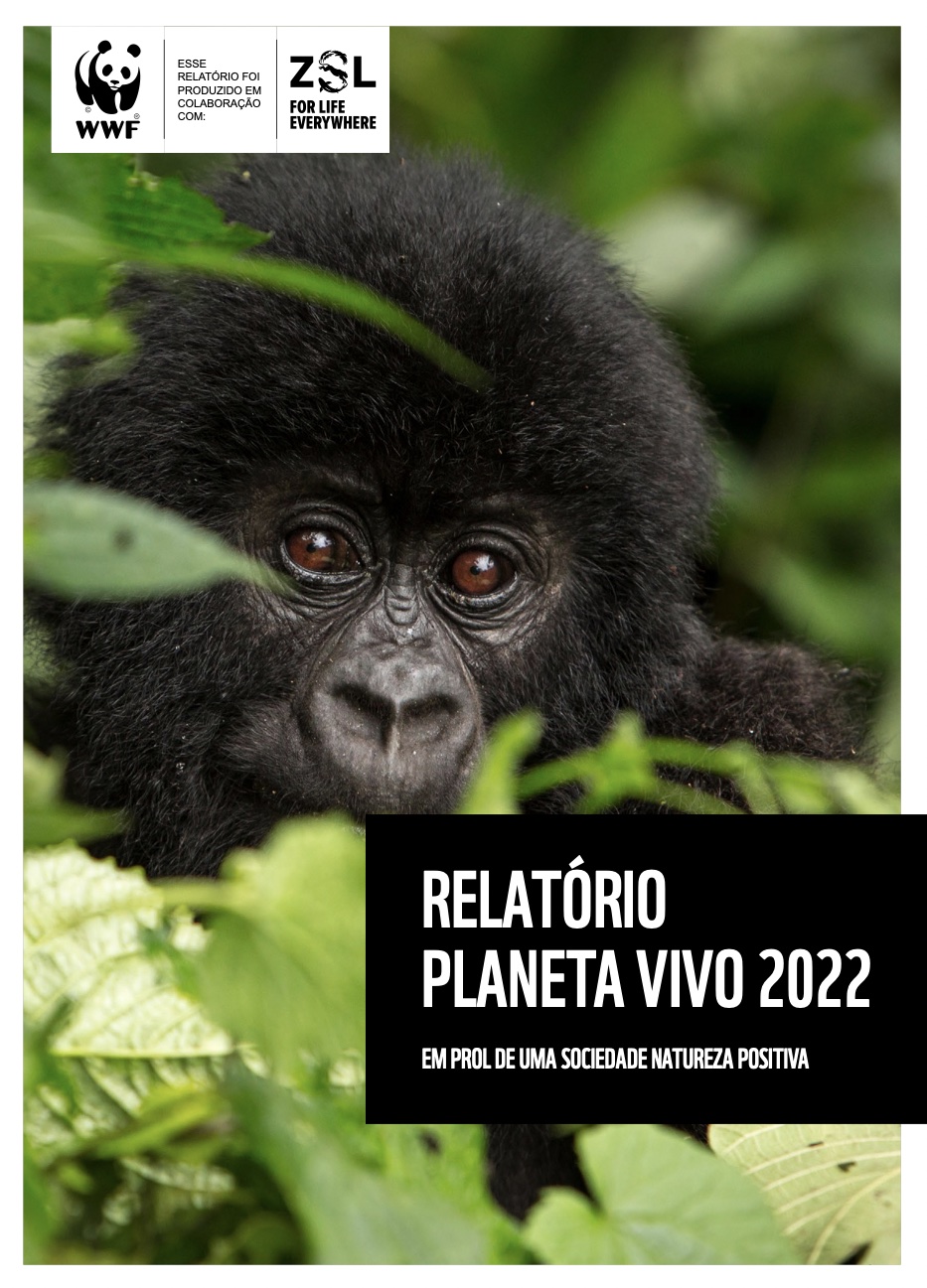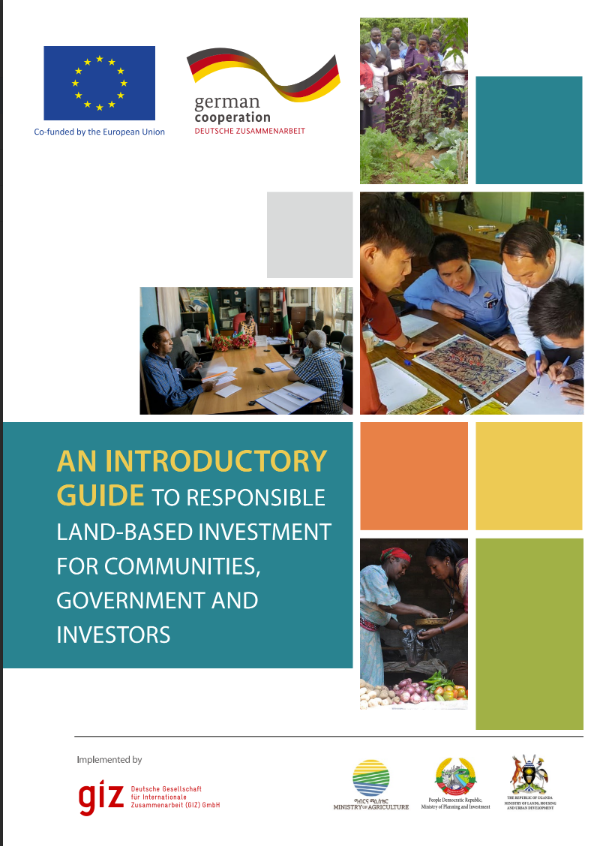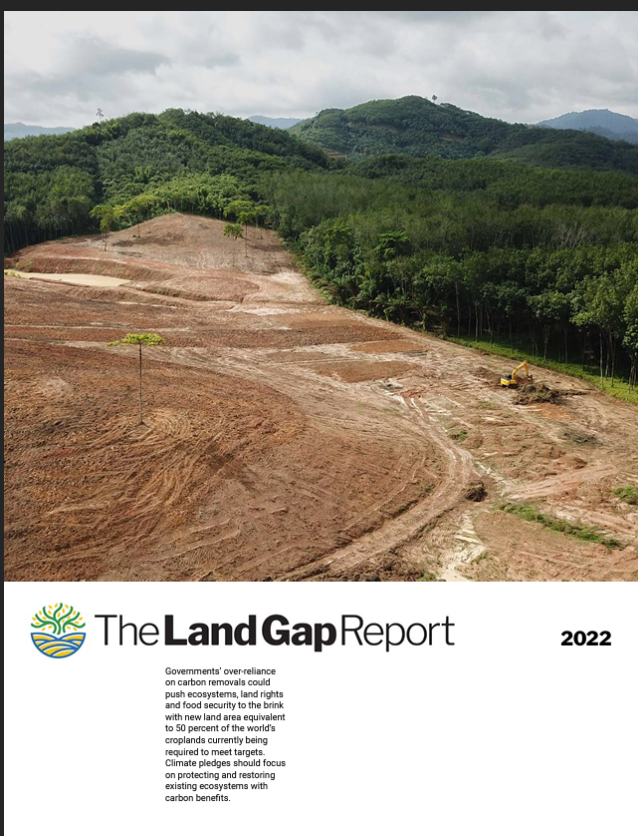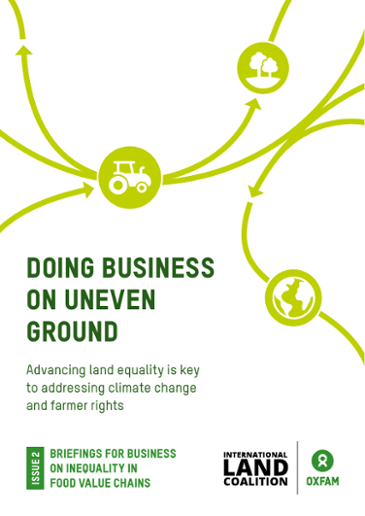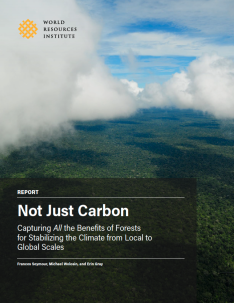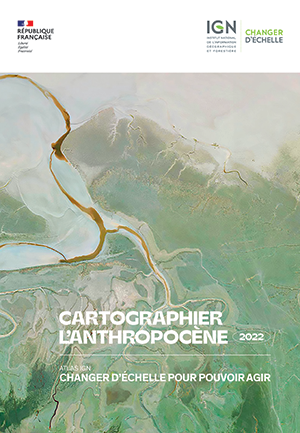Relatório Planeta Vivo 2022
Enfrentamos, hoje, as emergências duplas e interligadas das mudanças climáticas induzidas pelo ser humano e da perda de biodiversidade, ameaçando o bem-estar das gerações atuais e futuras. Uma vez que nosso futuro depende criticamente da biodiversidade e de um clima estável, é essencial que compreendamos como o declínio da natureza e as alterações climáticas estão conectados.

